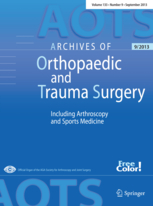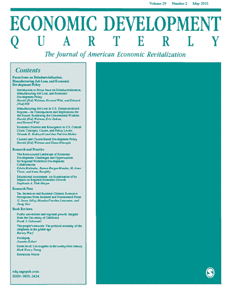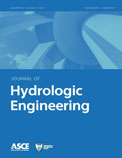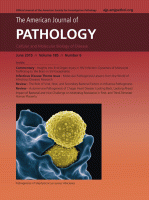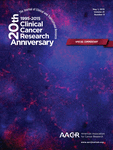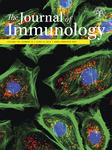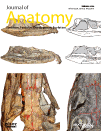 Bone anatomists have retracted two papers on primate jawbone structure from the Journal of Anatomy due to “errors in the validation protocol and data,” marking the fourth retraction for one of the authors.
Bone anatomists have retracted two papers on primate jawbone structure from the Journal of Anatomy due to “errors in the validation protocol and data,” marking the fourth retraction for one of the authors.
Olga Panagiotopoulou retracted two other papers over the past year, all of which were due to a common methodological problem. As Panagiotopoulou — who completed the work in the UK, before joining the University of Queensland in Australia in 2013 — explained to us in April,
Continue reading Two more retractions make four for bone researcher

